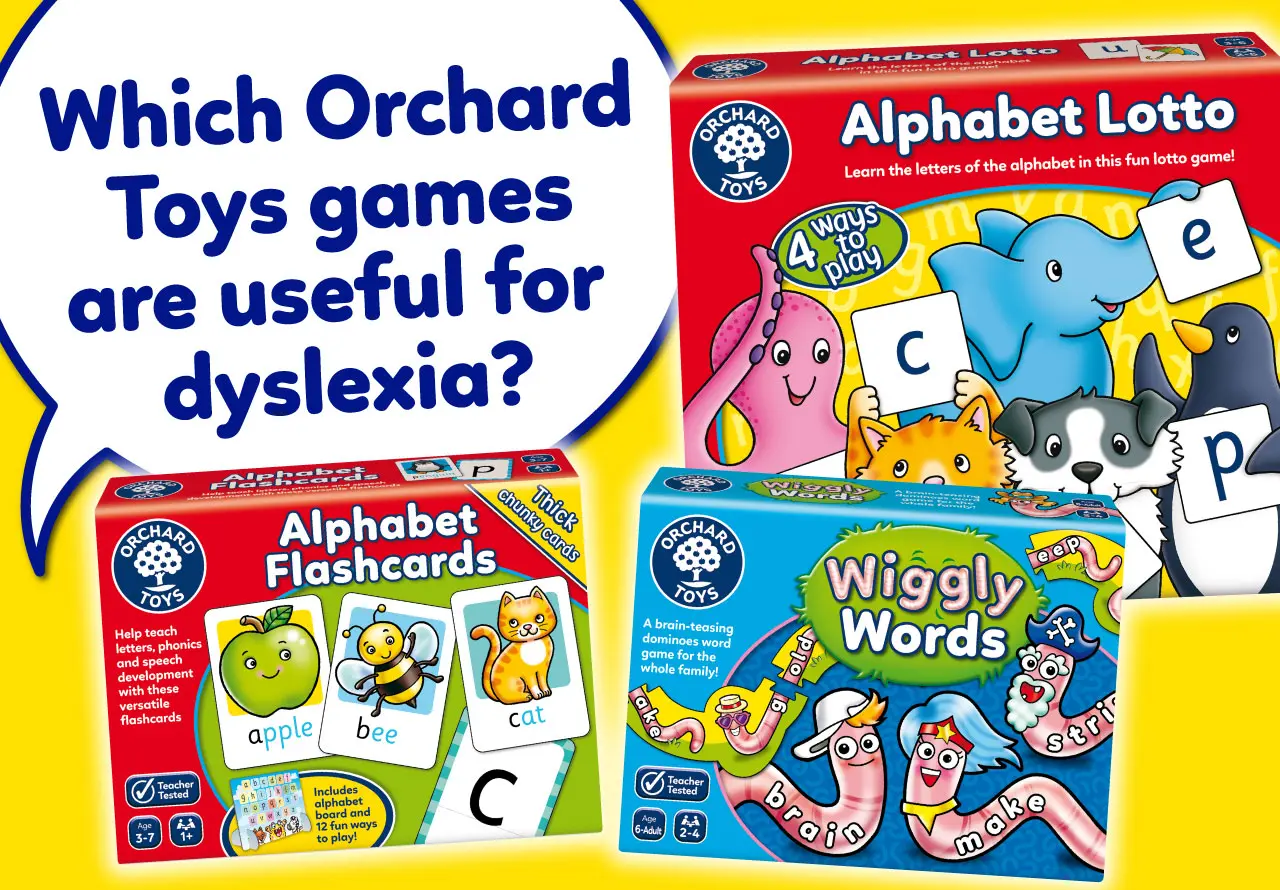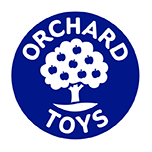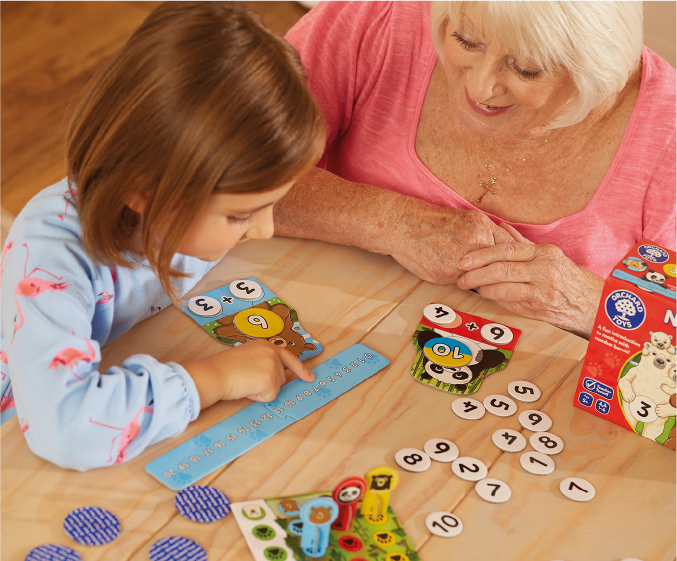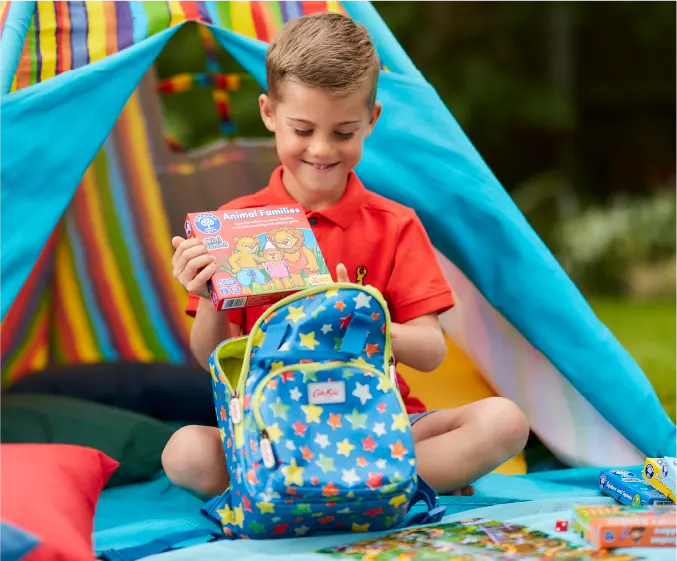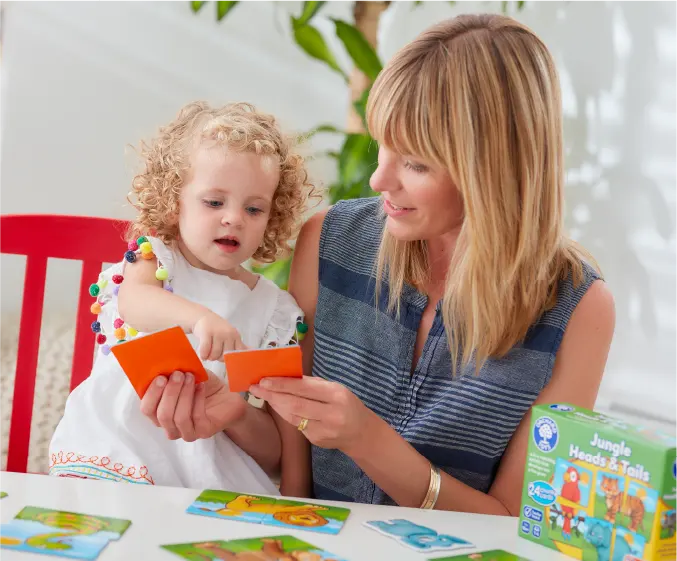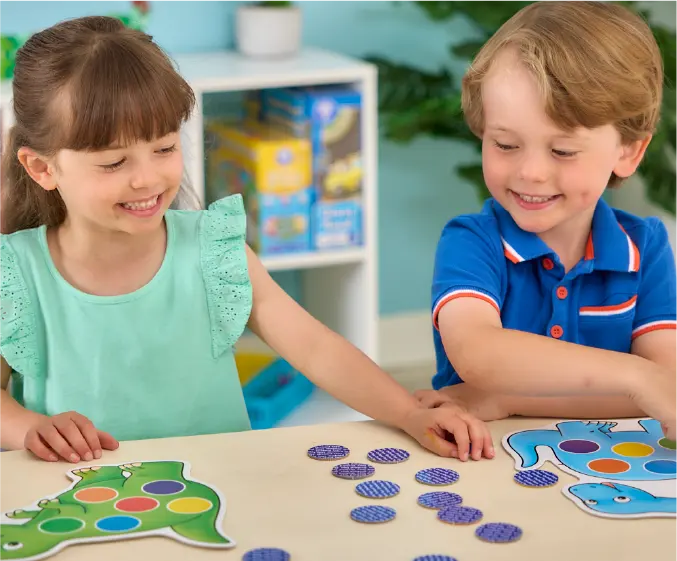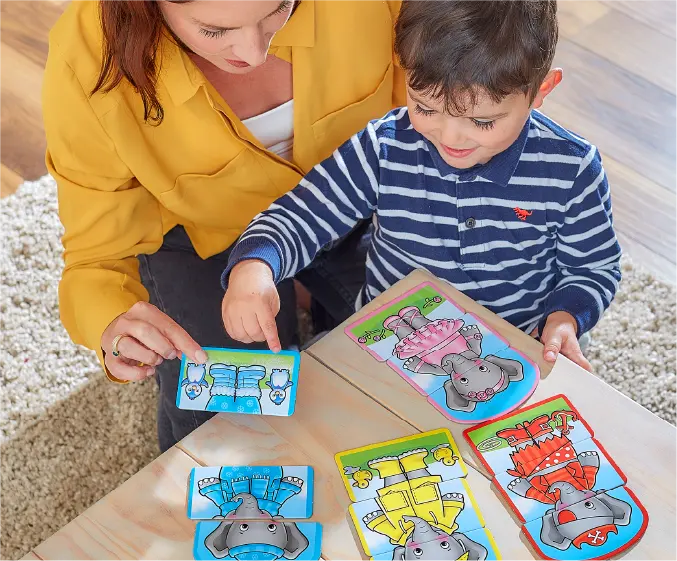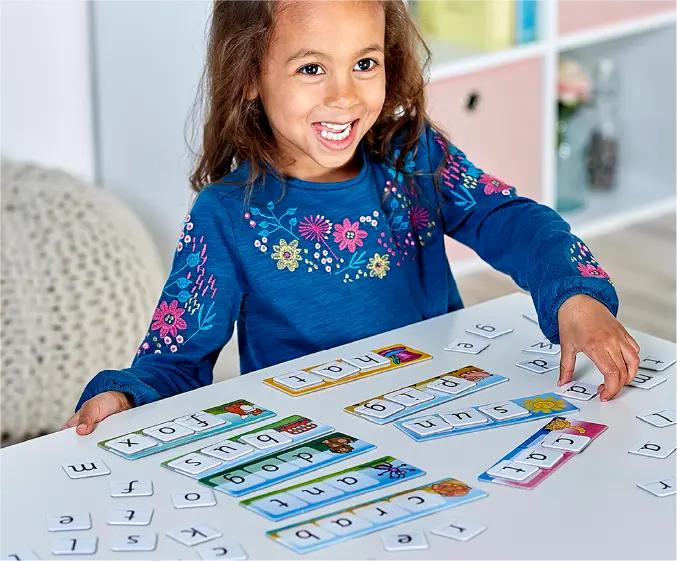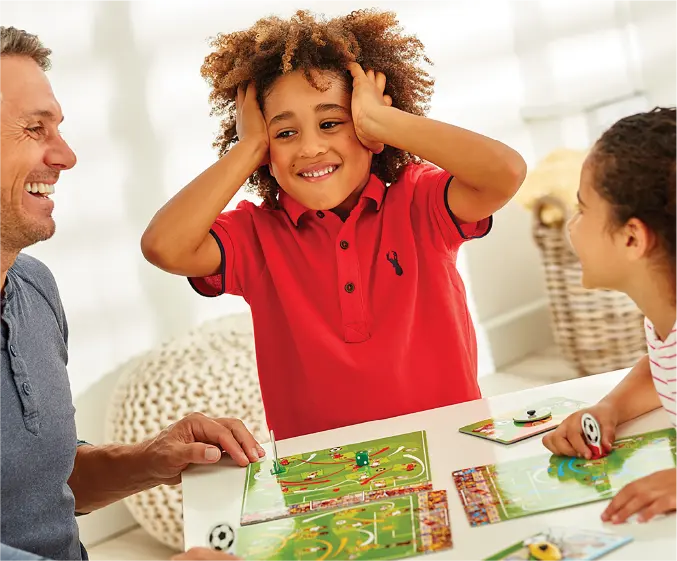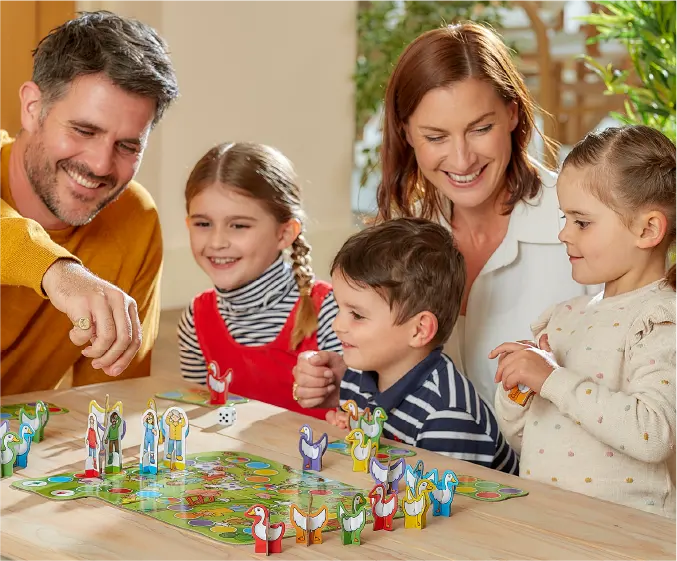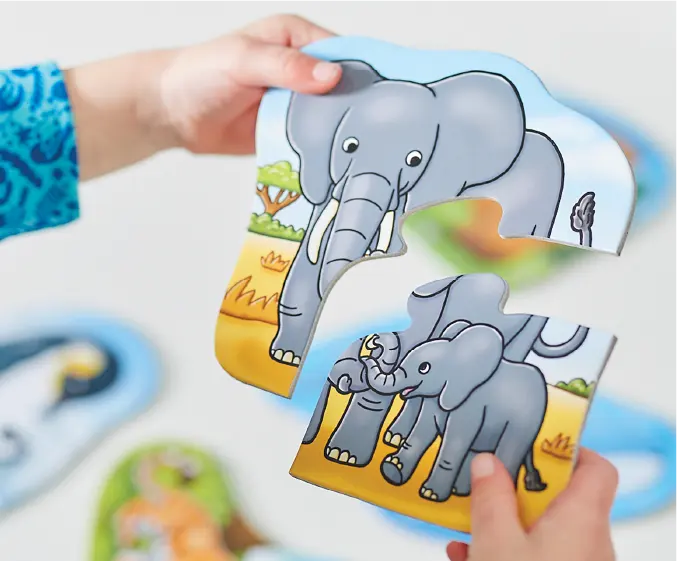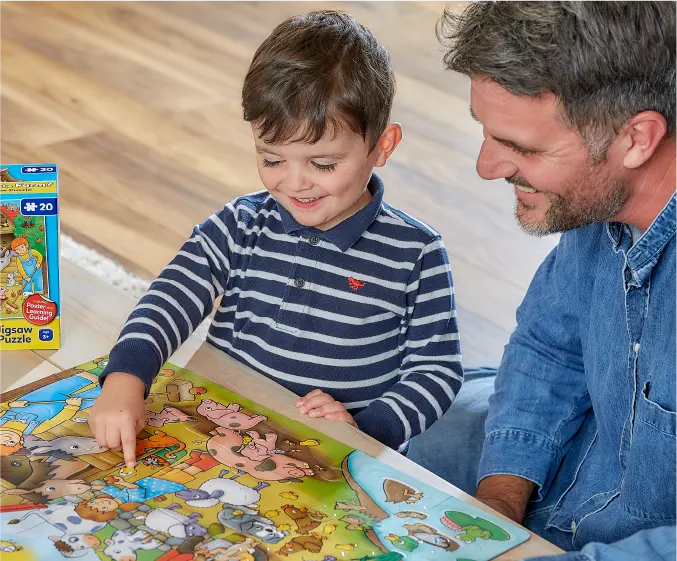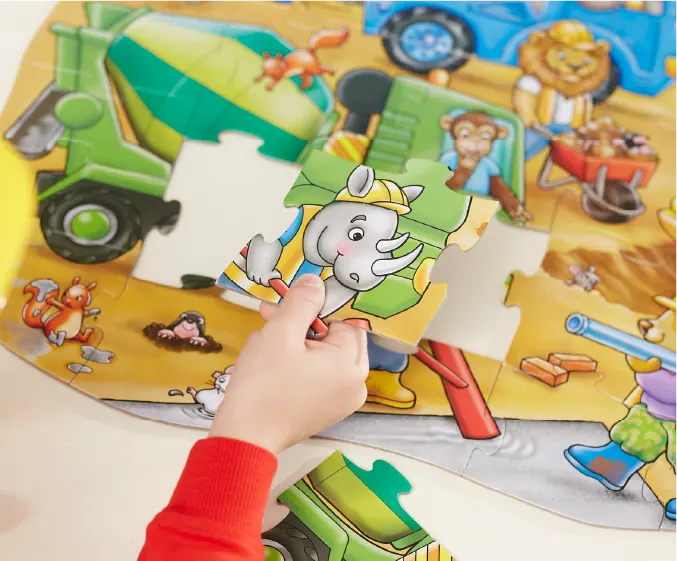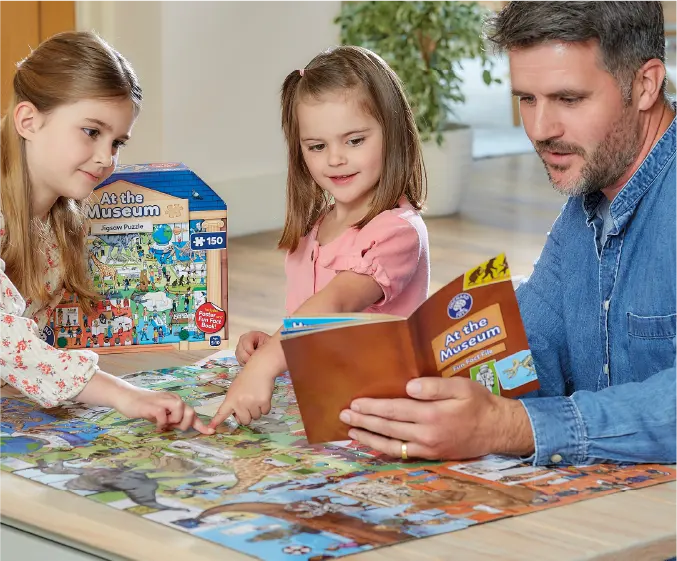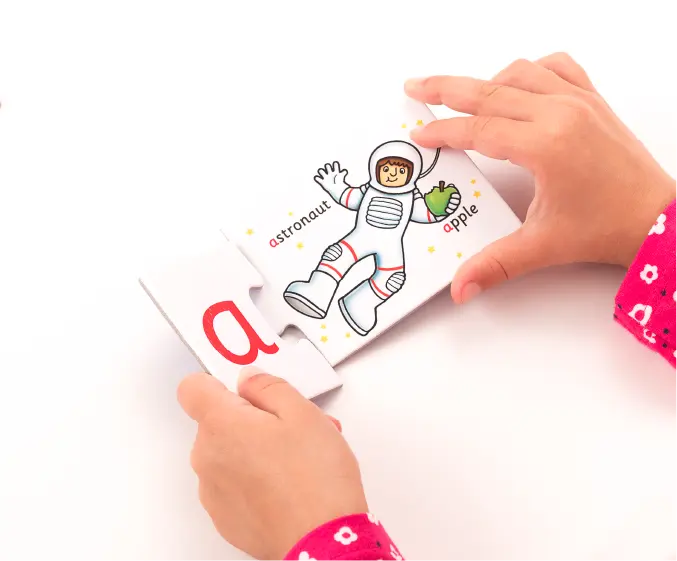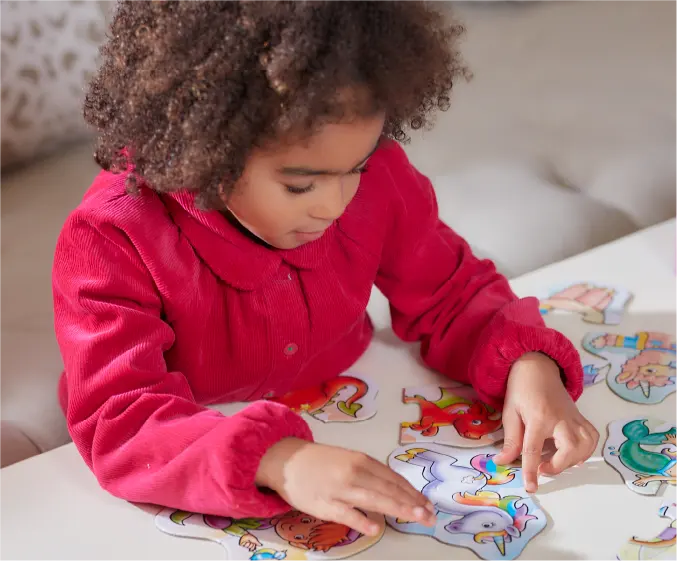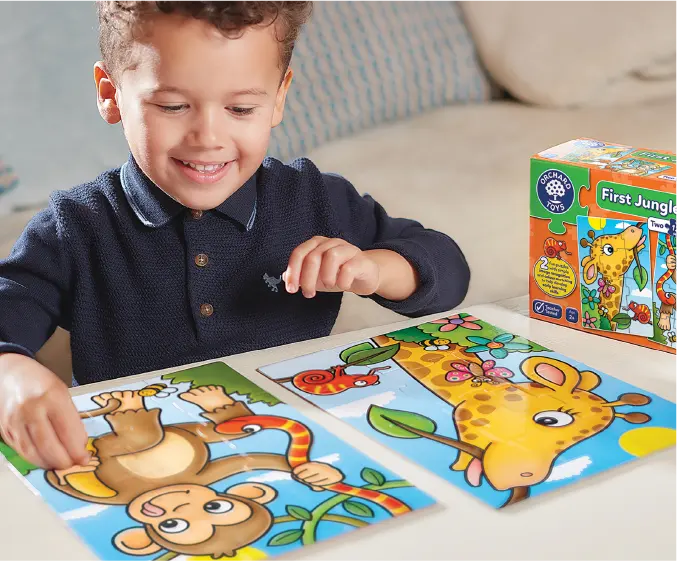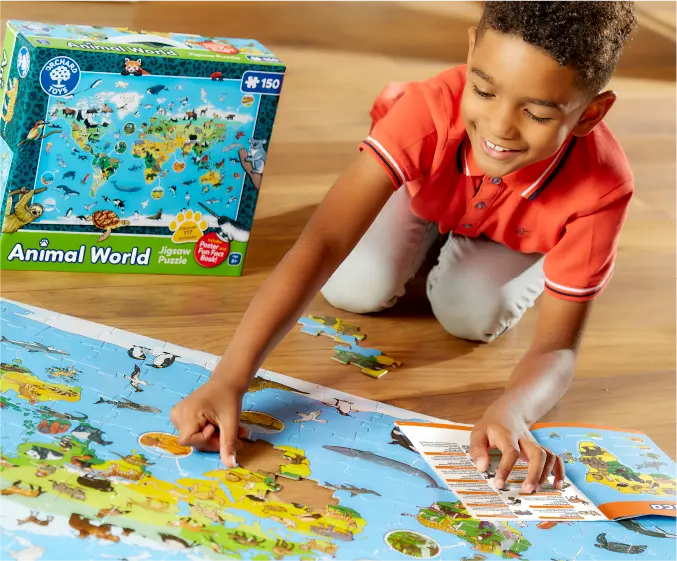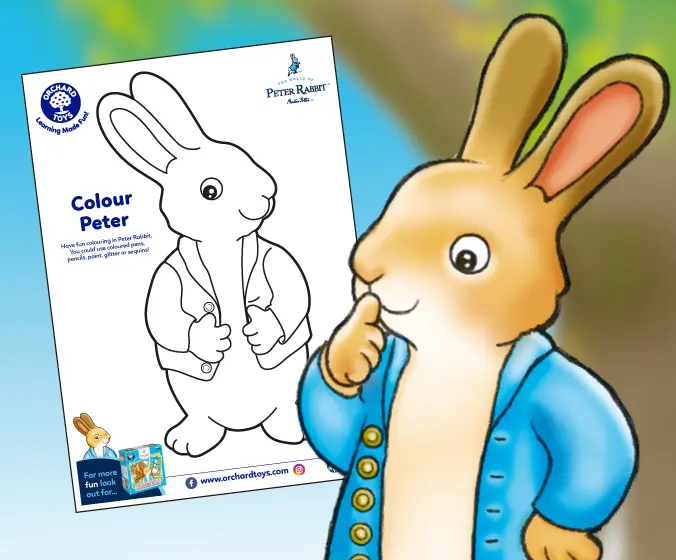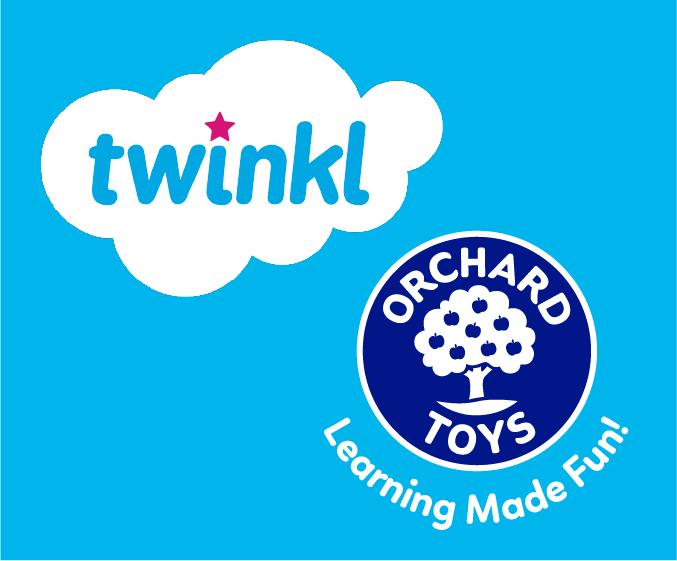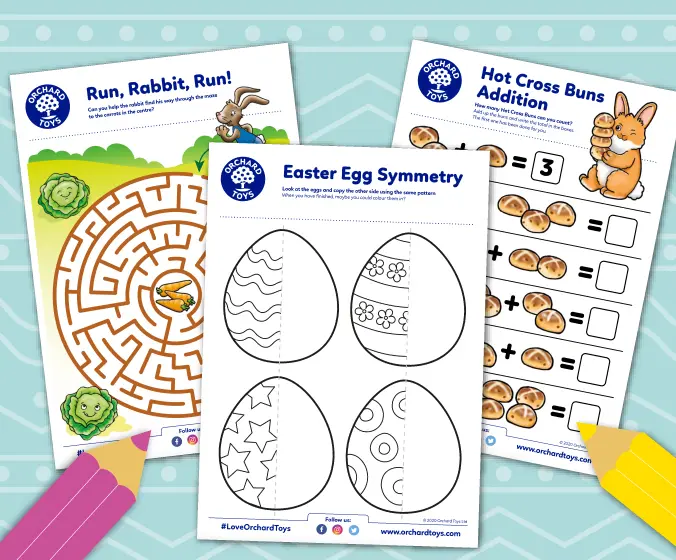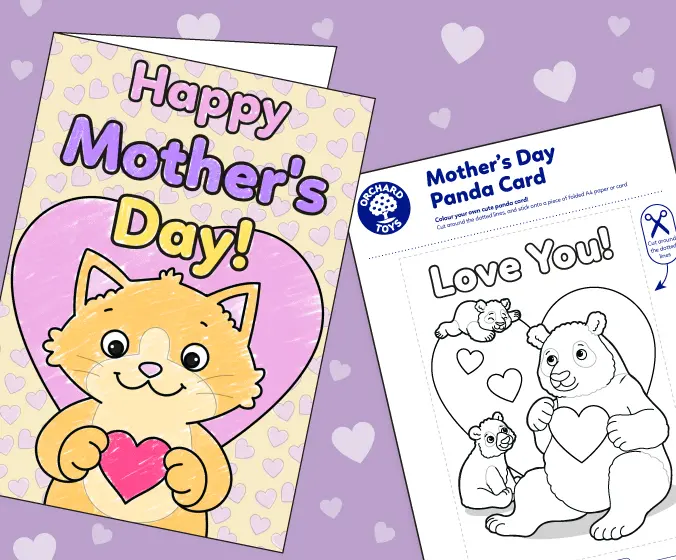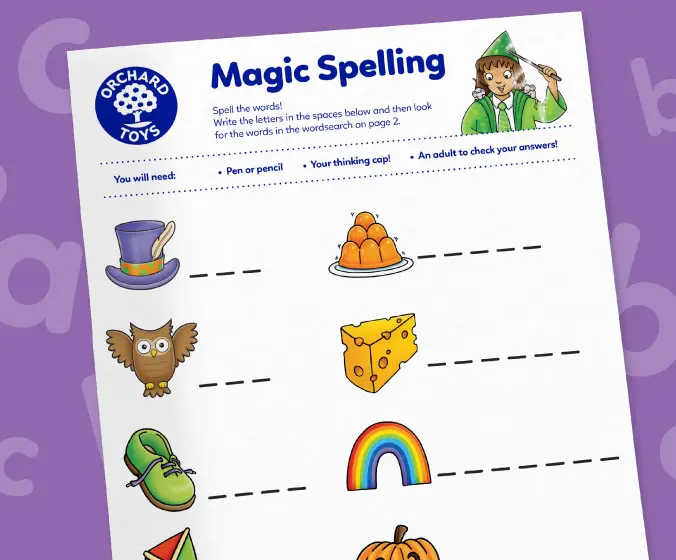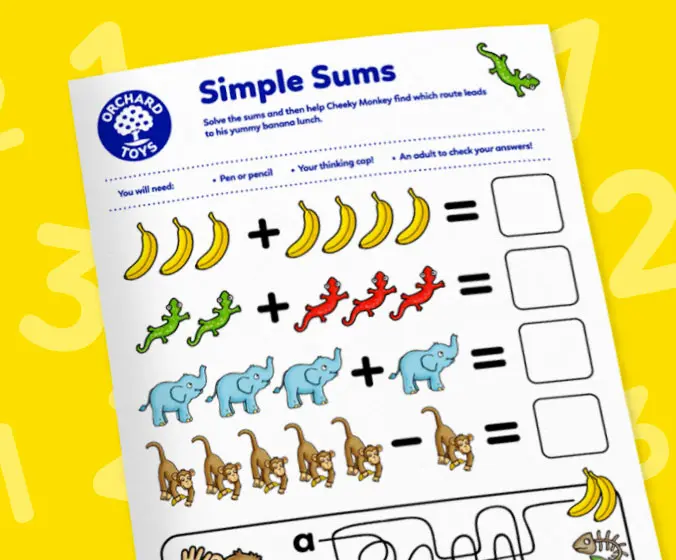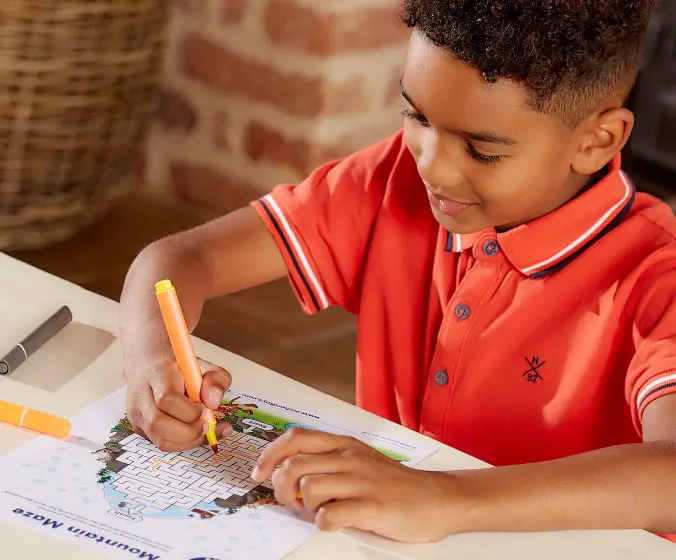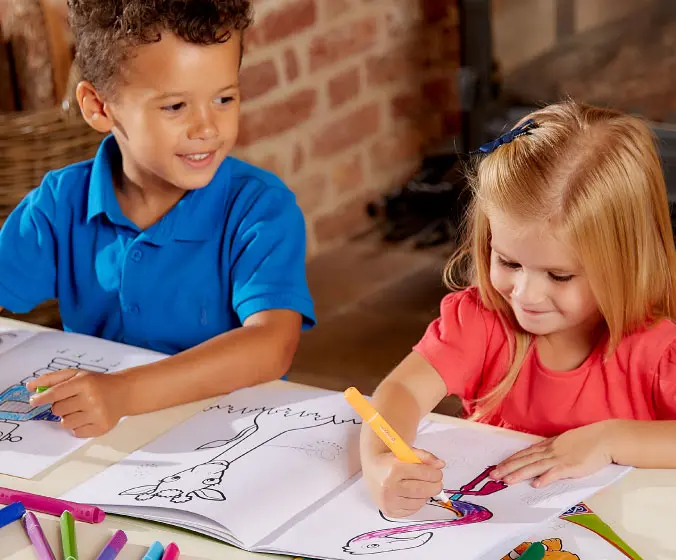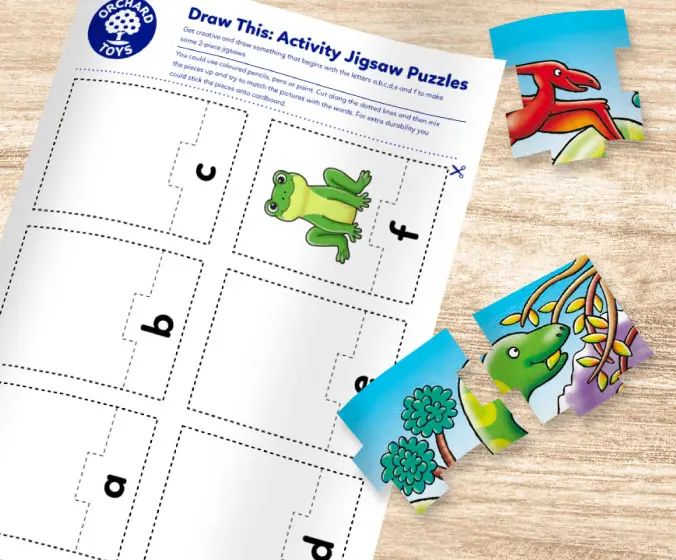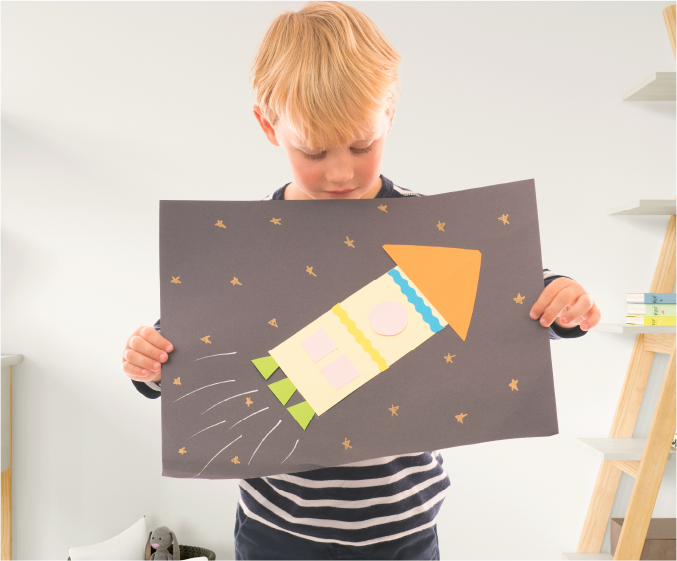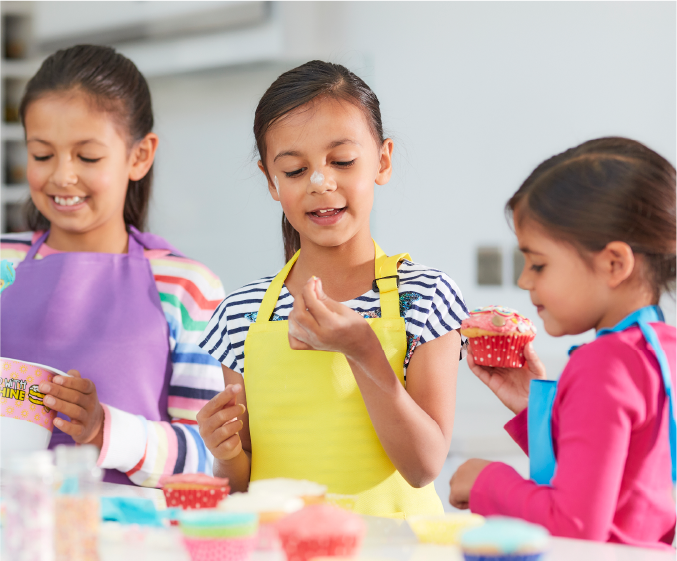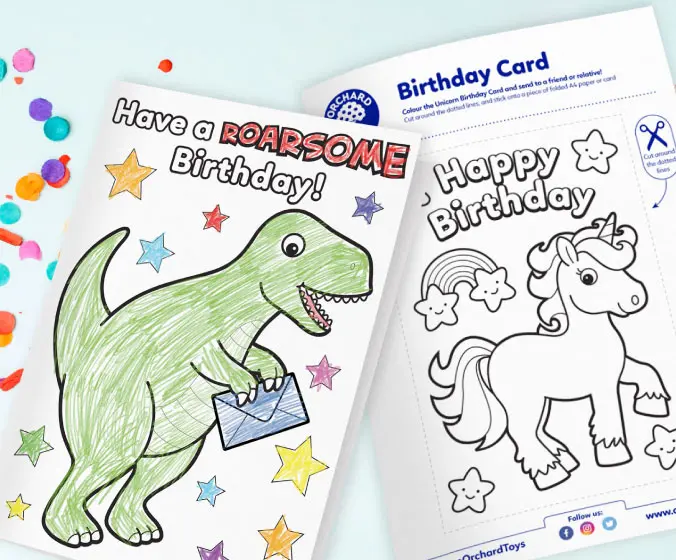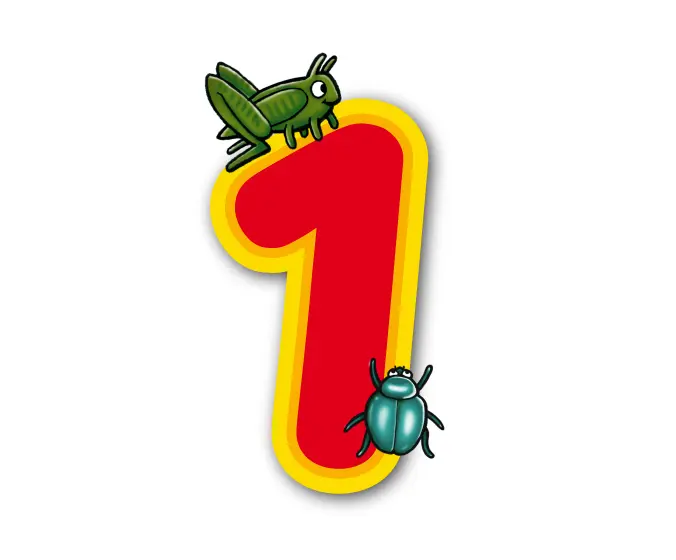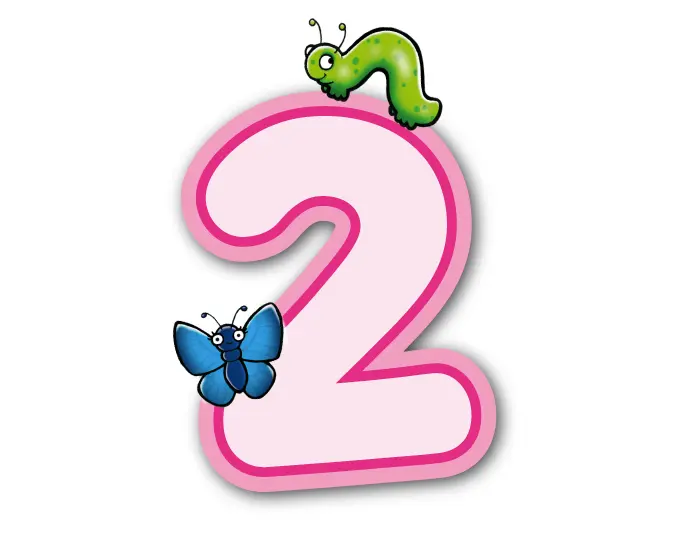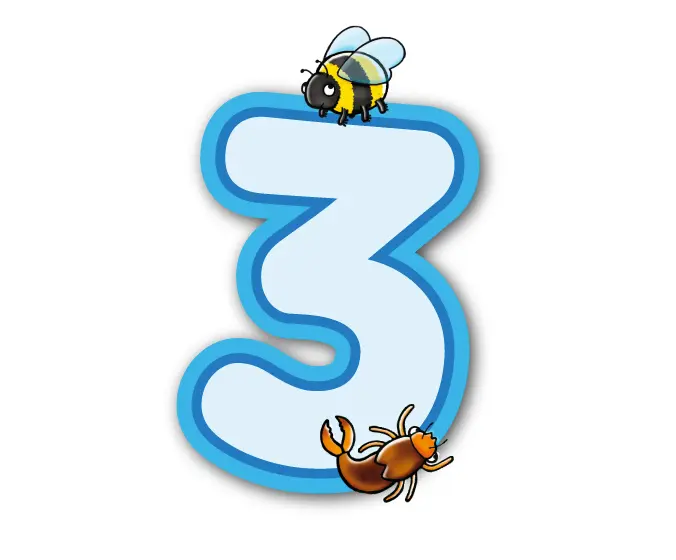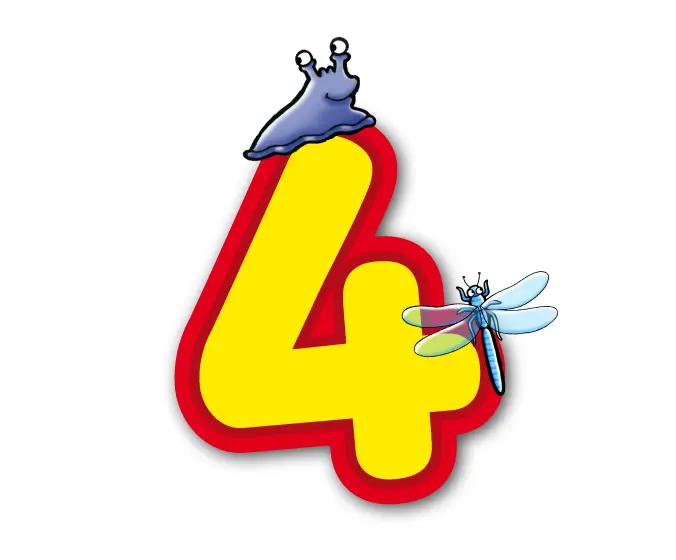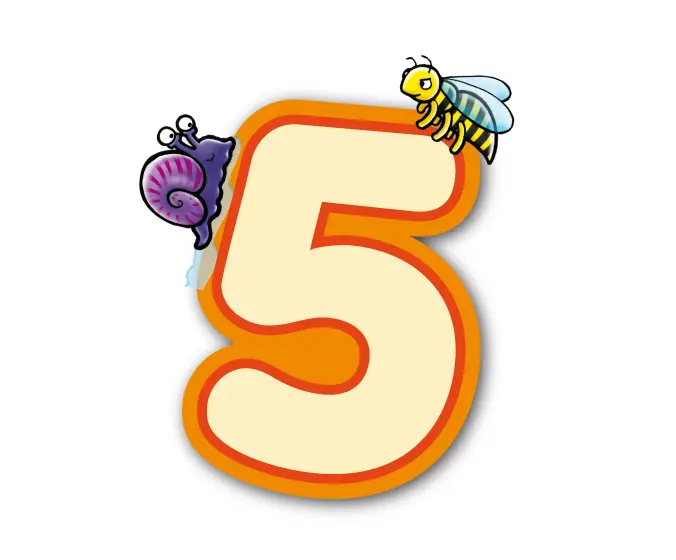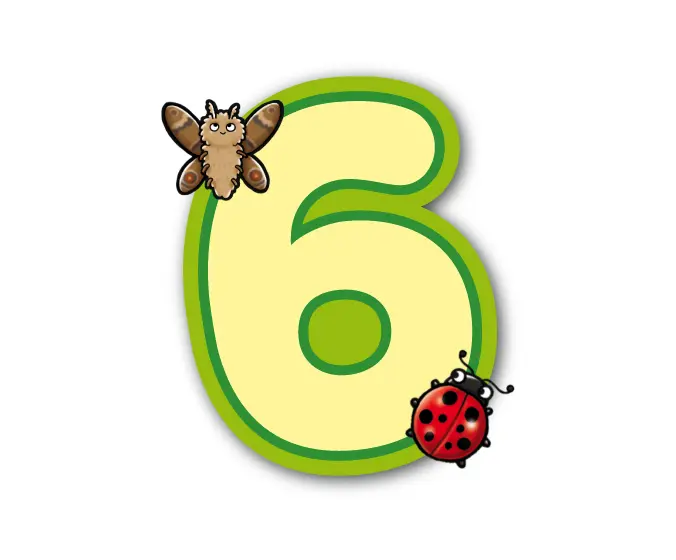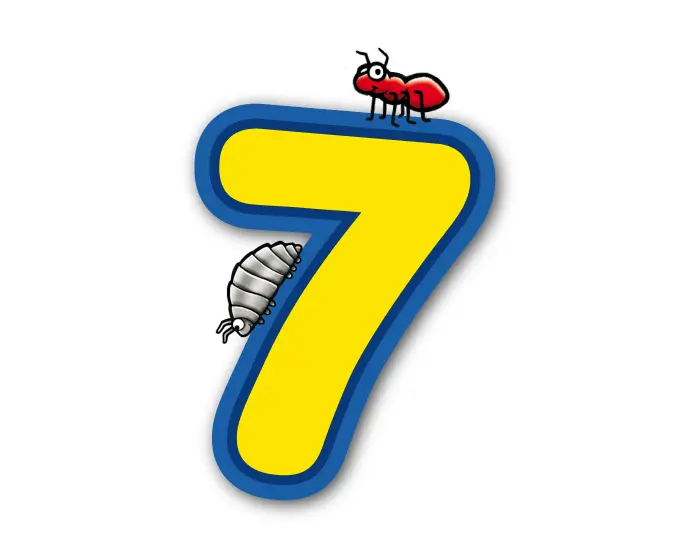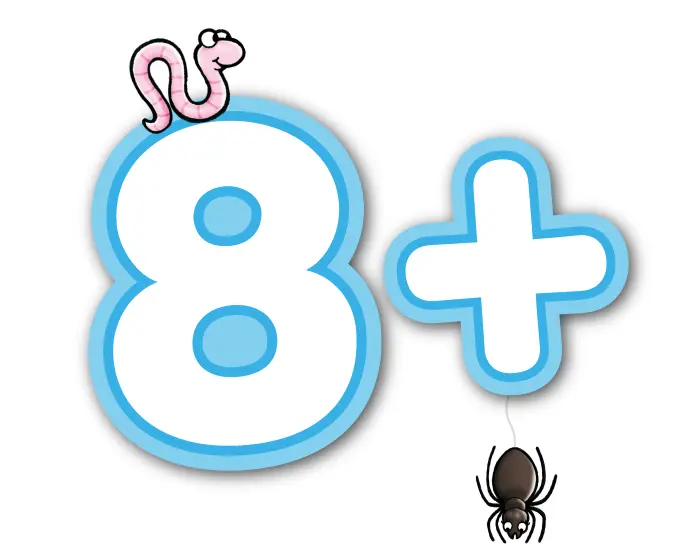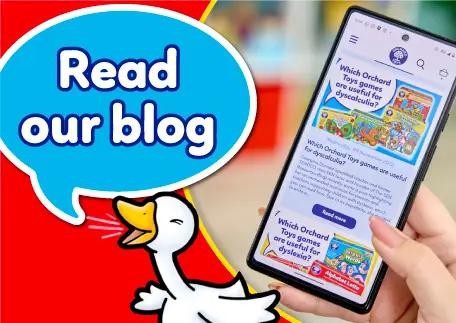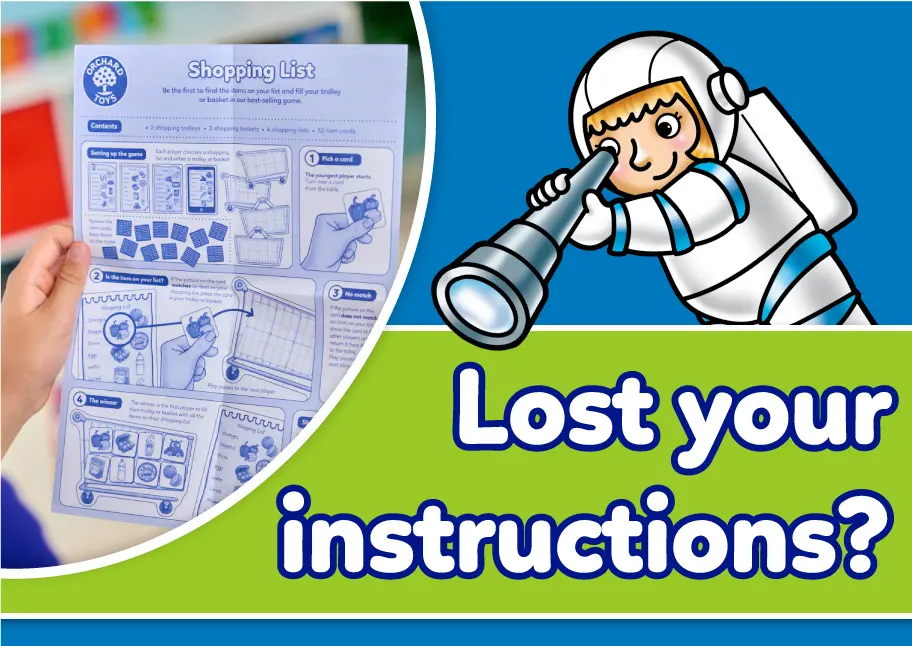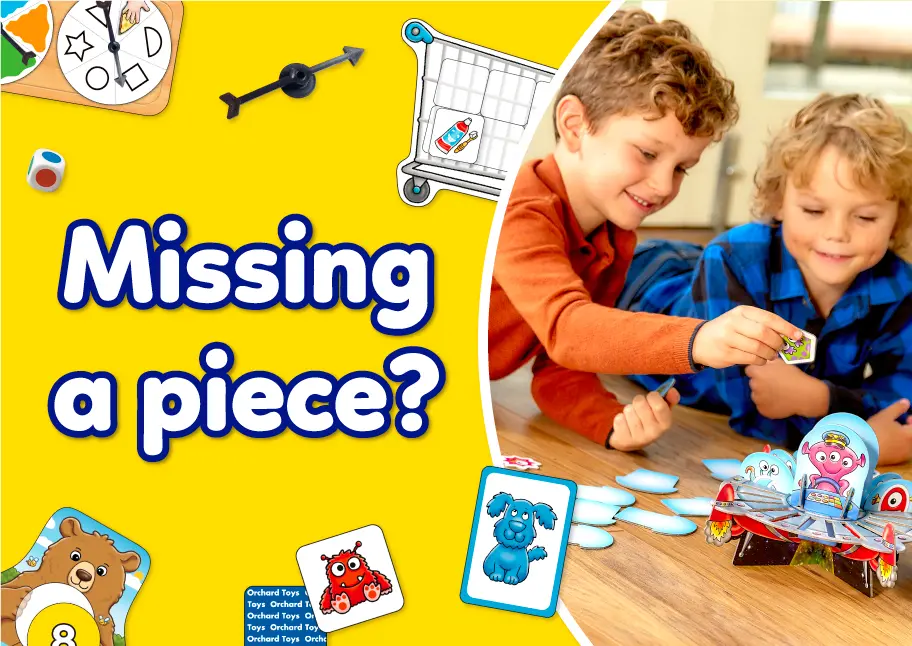Which Orchard Toys games are useful for dyslexia?
We are often asked for recommendations on what Orchard Toys games and jigsaw puzzles we would suggest to parents and teachers to support their child(ren) with a specific special educational need/disability.
We’ve teamed up with qualified teacher and former SENDCO, now SEN tutor Georgina Durrant, founder of The SEN Resources Blog to discover how she uses Orchard Toys games to help dyslexic children.
In her experience, most people will think of someone with dyslexia as having challenges with reading and writing. A child with dyslexia may struggle to spell words correctly, find phonics tricky or reading more difficult than their peers.
However, dyslexia isn’t limited to an impact on literacy. It affects people’s ability to process and remember information, which in turn makes reading, writing and spelling more challenging for them.
In Georgina’s opinion, one of the best and easiest ways to support a child with dyslexia is by learning through play, and we certainly have some fantastic games that can assist in supporting a dyslexic child’s literacy skills.
Here are some of her favourites and why:
Wiggly Words – Georgina feels that Wiggly Words is a great way of giving children time to practise spelling and forming words. In her blog article she writes ‘ To play, the children have to connect two worms together to make a word. The head of the worm has the start of a word written on it, so it might just be a letter like ‘m’ or it may be a digraph like ‘ch’ and then they have to find the body of another worm that can join to it to make a word. So it might be that they find ‘m’ for the head and ‘an’ for the body to make the word ‘man’. They keep connecting the worms until they’ve made a long length of puzzle. They can do this game by themselves, with family/friends and they could race if they wanted to. For dyslexic children, I’d recommend not racing against others but letting them try and see how many words they can make up in their own time. What I love about this game is it gets children thinking and remembering how words are formed, whilst playing! I’d recommend this for children ages 6+.’
To purchase Wiggly Words, click here.
Alphabet Flashcards – Georgina thinks that ‘for younger children, these Alphabet Flashcards make a really great resource for introducing the letters of the alphabet and examples of simple words beginning with each letter in written form. I really like how brightly coloured and fun they are. The 26 cards are double-sided, on one side is the letter and on the other side the corresponding word beginning with that letter and a simple cartoon image. There’s also a reference board of the letters of the alphabet that goes with it. The scope for these flashcards is huge, you can use them in so many different ways. This gives them real longevity as you may find them useful in a different way as the child gets older. I’d recommend starting with recognising the letters and then seeing if they can remember the picture/word on the back of the card beginning with that letter (remember memory skills are also important). So they could choose a card to start with, say the letter on the card and then try and guess/remember the word that began with that letter (or any other words too!). You can then build up to putting them in order of the alphabet (sequences can be tricky for dyslexic children) and then look at reading and the spelling of the word’.
To purchase Alphabet Flashcards, click here.
Alphabet Lotto - This game is one of Georgina’s absolute favourites and she writes ‘I’d argue it’s one of a lot of children’s favourites too! A genuinely fun, family game that helps develop literacy skills. There are four ways to play it, which like the flashcards, gives it longevity as you can use it for a wide range of abilities and ages. One way is to use it to help learn the letters of the alphabet – great for children at the start of their literacy journey. Everyone gets a board with 6 letters/digraphs on, you take turns to choose a tile (that’s face down in the centre) and if you have that letter on your board you can keep the tile. The first person to get all 6 – wins! This is a lovely way of helping children to recognise letters, it’s also fantastic for memory skills. My favourite way of playing it, is to use it to help children learn the initial letter sounds of a word – that is to say, the letter sound the word begins with..so for ‘hat’ it would be ‘h’ and for ‘church’ is would be ‘ch’. To do this, they start with the board with the letters/letter sounds on and play the same game but this time match the pictures to the correct letter. This is great for speech and language skills too!’
To purchase Alphabet Lotto, click here.
Follow The SEN Resources Blog on Facebook by clicking here, or visit her blog here for further advice 😊
